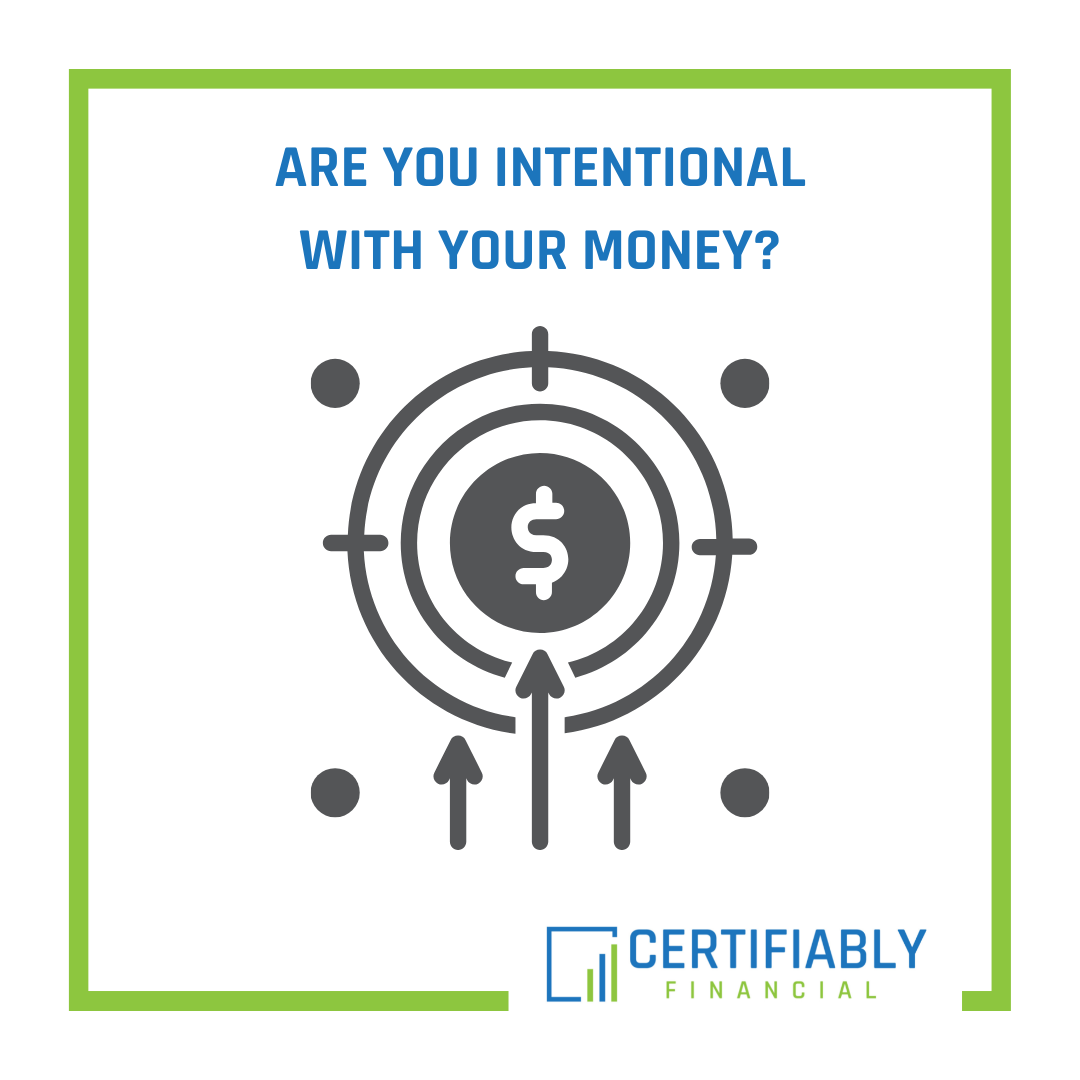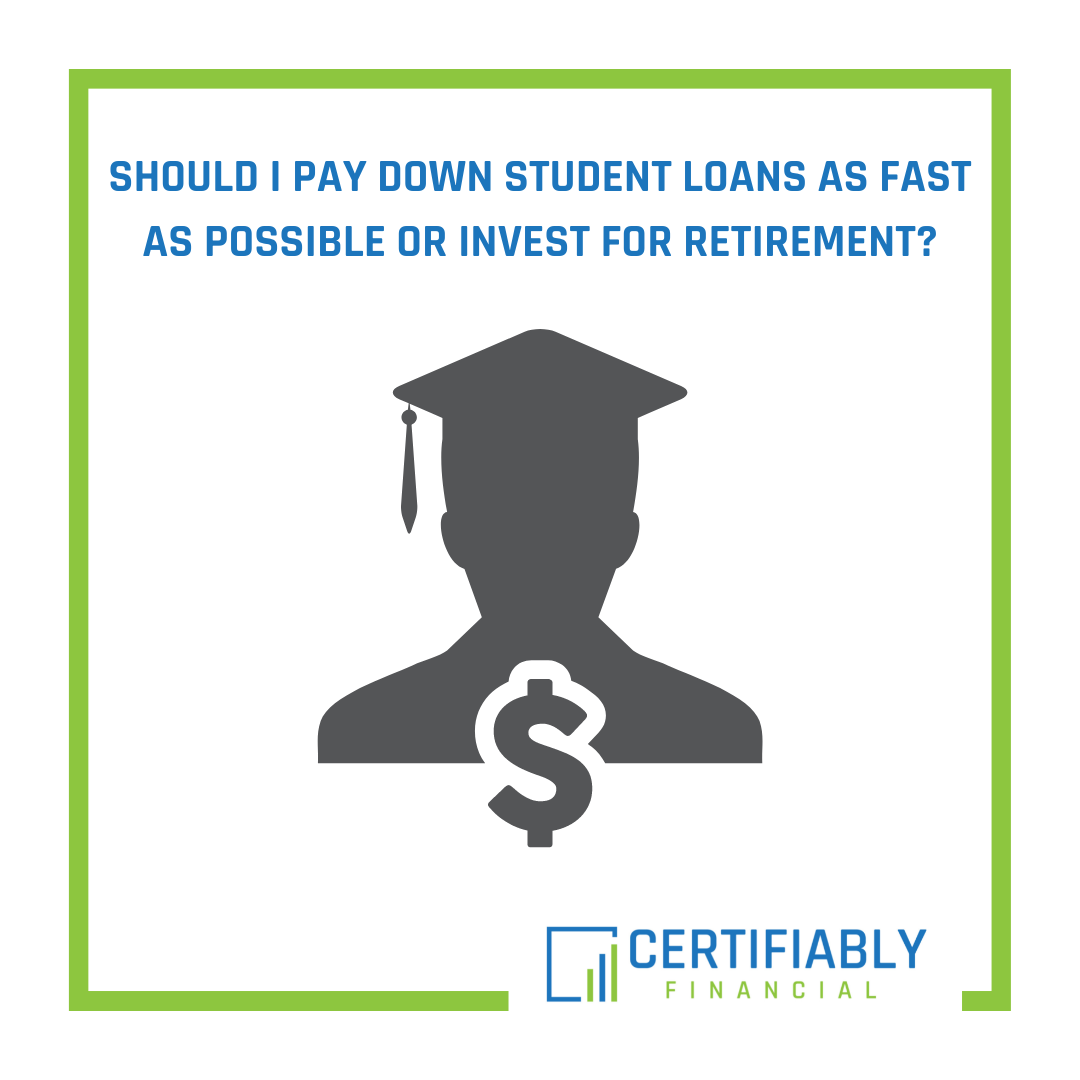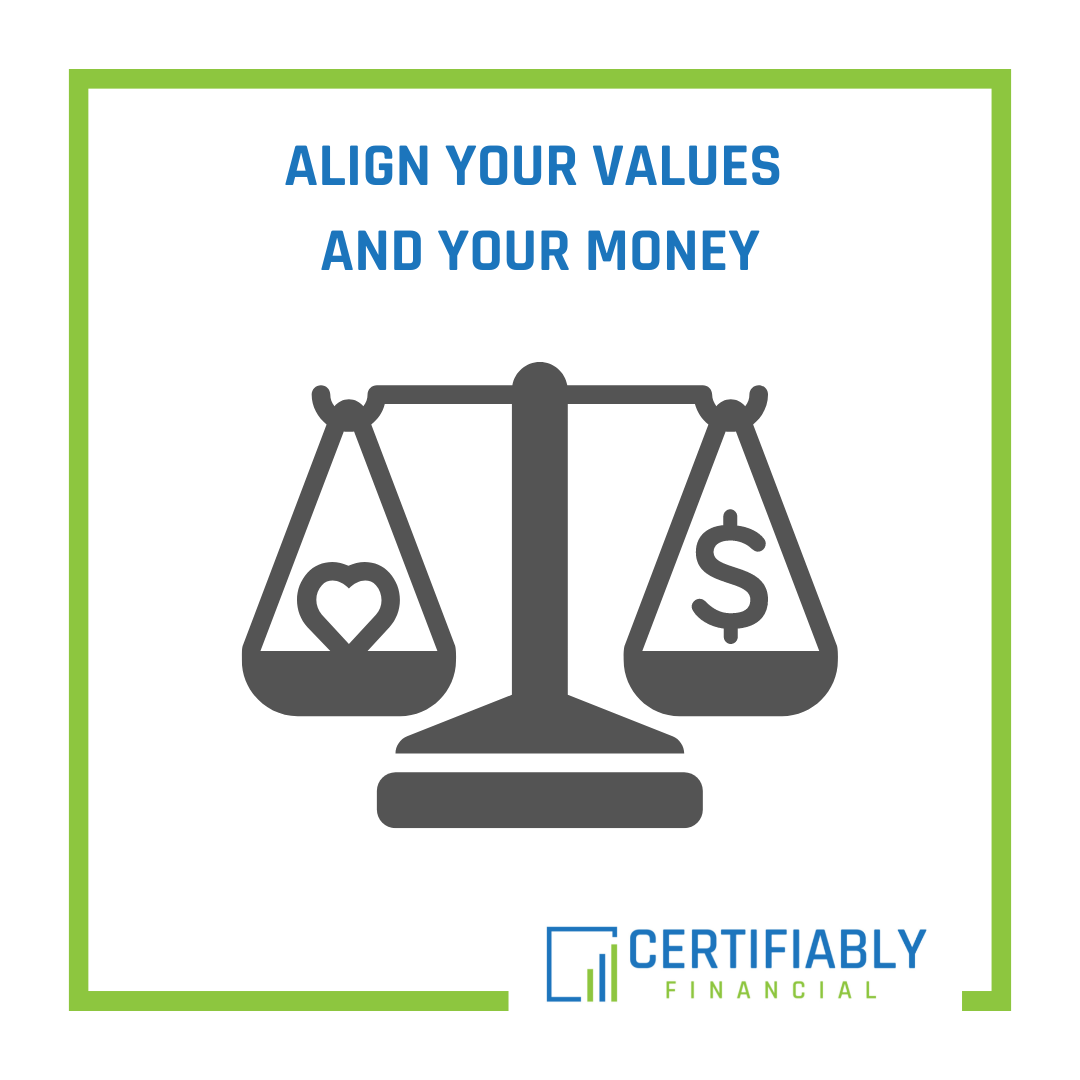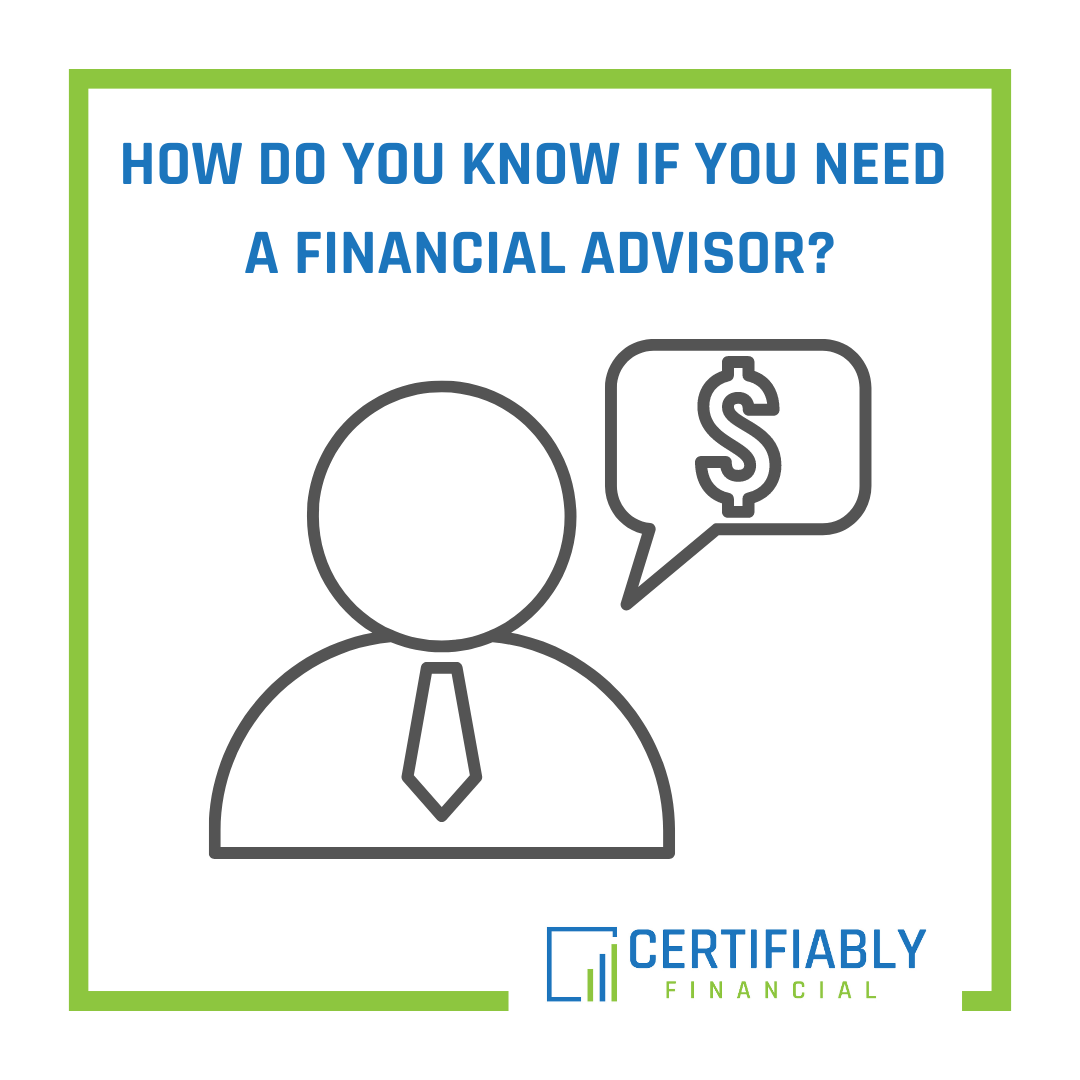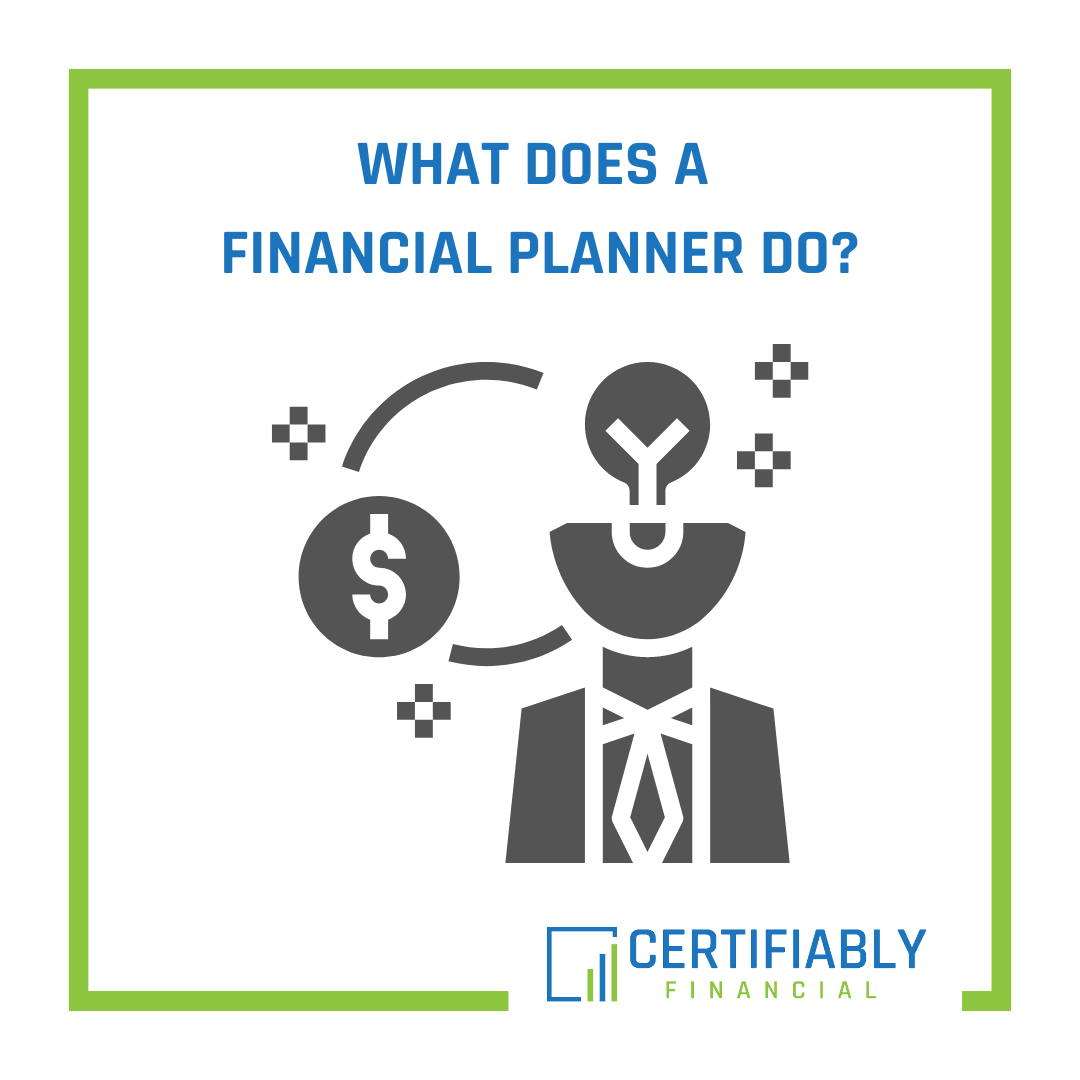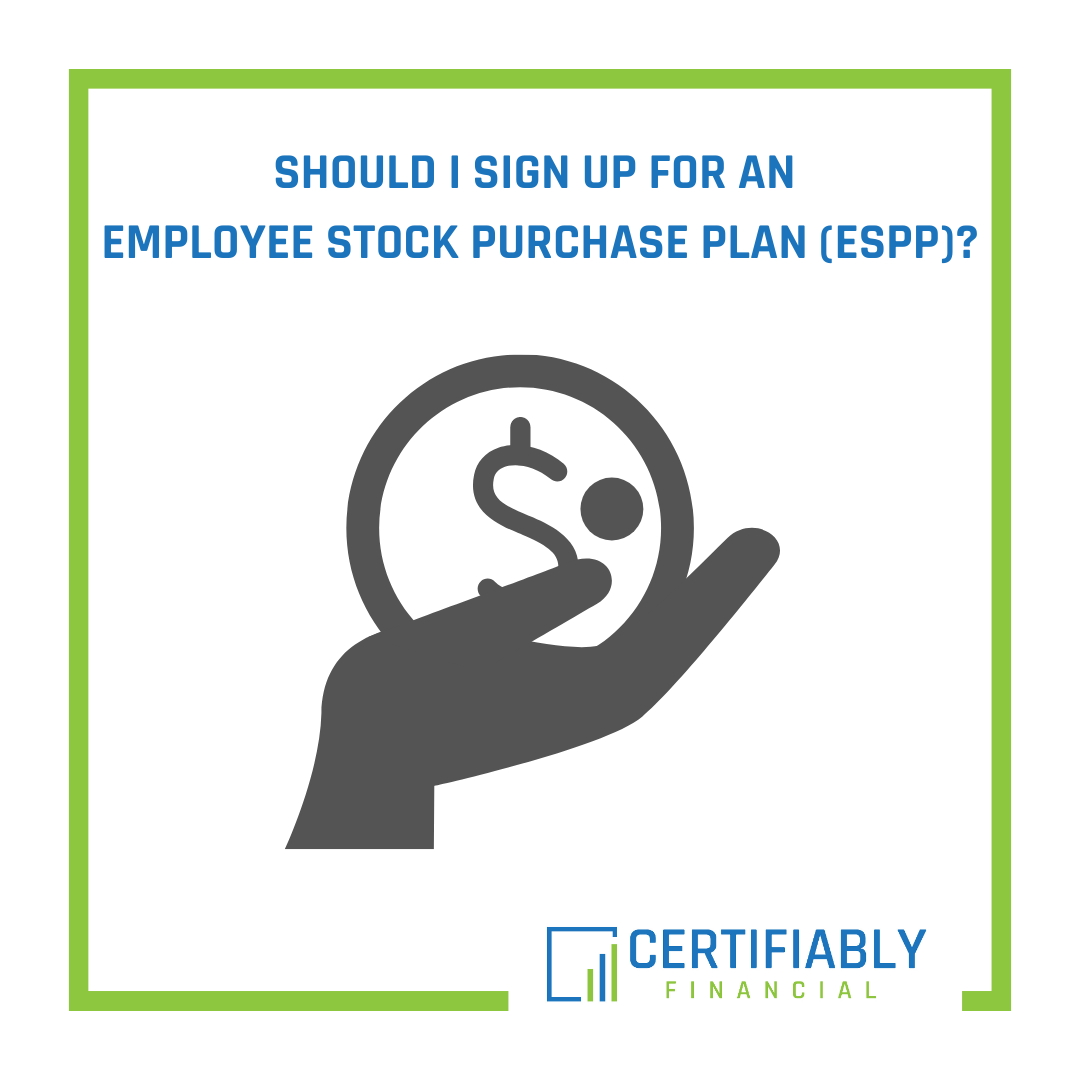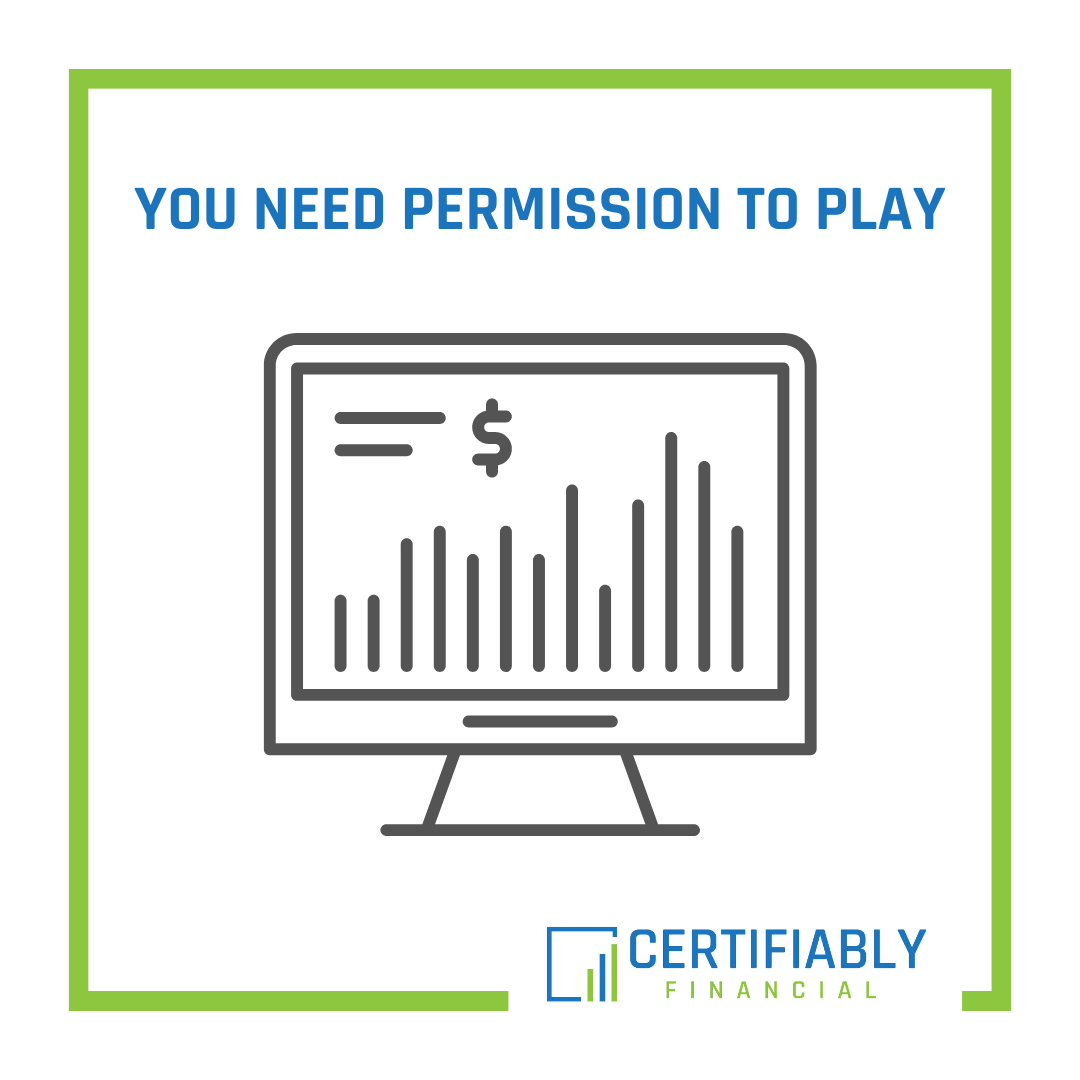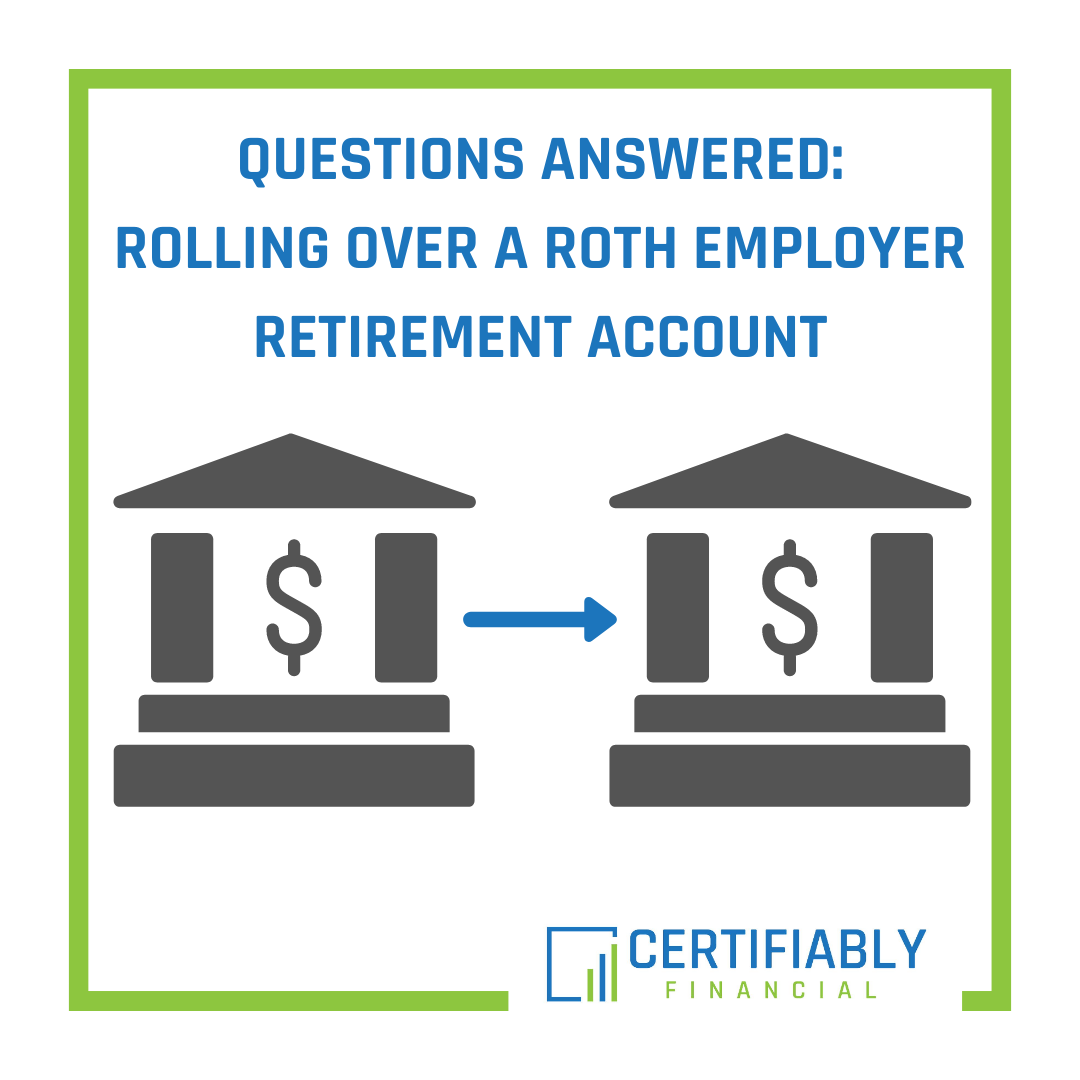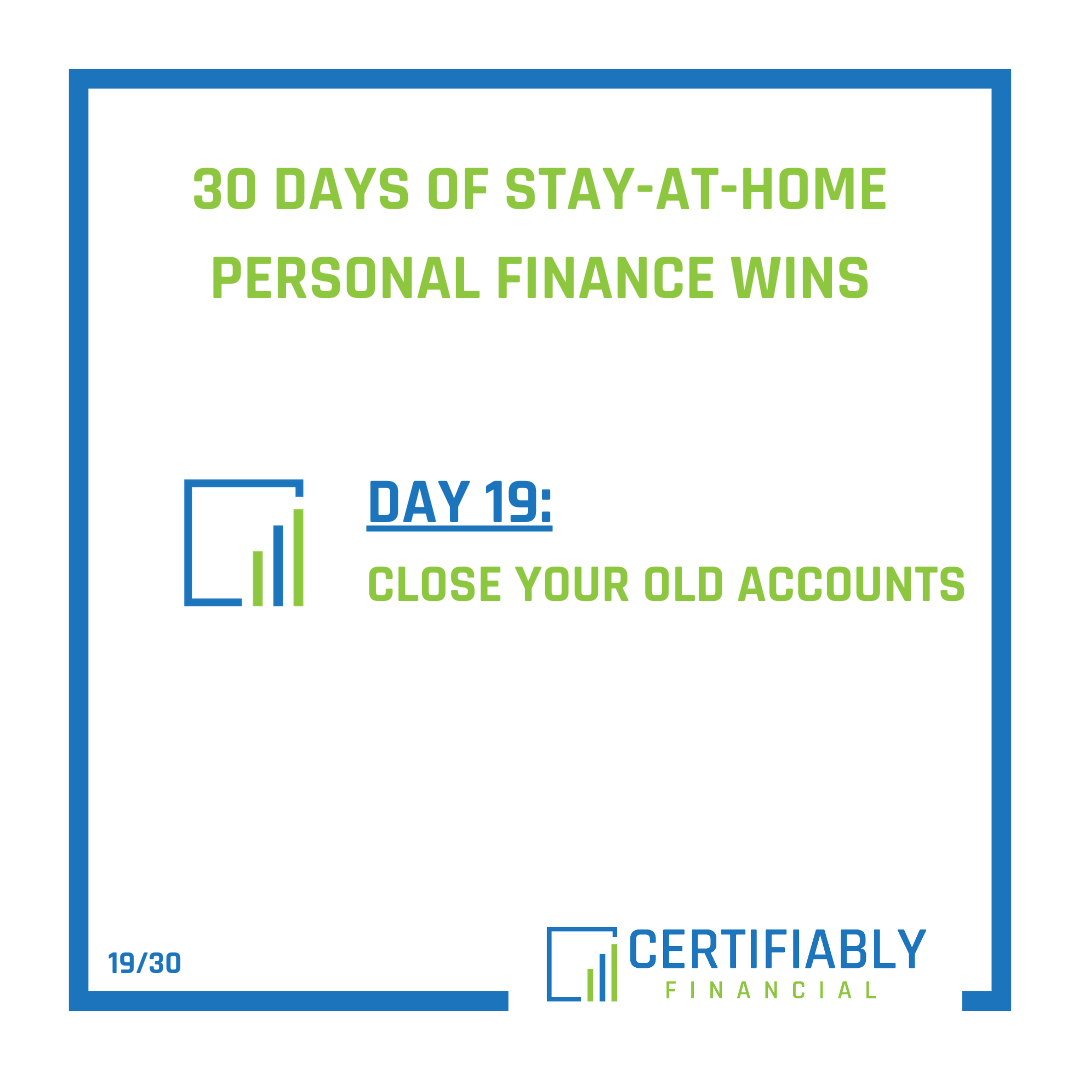At the end of each month on my podcast (Circle City Success), my co-host Jason and I recap the episodes for the month and speak about some of the common themes and things that we learned. Last month, we had a special guest host (and former podcast guest) do the recap with us, which was really fun. As I was thinking about the recap, and the theme that we heard of intentionality, it made me think of a question that people should be asking themselves more often: Are you intentional with your money?
Financial Planning
Should I Pay Down Student Loans As Fast As Possible or Invest for Retirement?
Over the weekend I spoke to a friend who graduated from physical therapy school earlier this year. He didn’t have any help with school expenses and graduated with $160,000 in student loans. To his benefit, he’s pretty frugal and has a good natural sense about money. However, $160,000 is a really big number and it has him worried. He’s been asking himself if he’s going to be able to be okay with that amount of debt and whether the right decision is to pay down the debt as quickly as possible or if he should save for retirement as well.
Align Your Values and Your Money
The goals that you want to achieve in life, which in turn drive your financial goals, are probably aligned with your values. For example, people who don’t value travel don’t have goals of traveling the world. People who value helping those who are less fortunate than them may have significant charitable contribution goals. However, sometimes what we say that we value, and in turn, what we say that our goals are is idealistic rather than realistic.
How Do You Know if You Need a Financial Advisor?
I was speaking about personal finance to a group last weekend when someone asked the question, “How do you know if you need a financial advisor?” I thought that this was a great question, but one that’s not necessarily easy to answer.
What Does a Financial Planner Do?
It’s surprising to me how many people still don’t understand what a financial planner does. Over the past year, I’ve found that a lot of people either just have no clue at all, immediately think of the “financial advisor” who tried to sell them whole life insurance or an annuity and then asked them for names of their 5 closest friends to contact, or they think of the traditional investment advisor who helps them manage their retirement portfolio.
Should I Sign Up for an Employee Stock Purchase Plan (ESPP)?
According to the 2018 Deloitte Global employee stock purchase plan trends survey1, participation in Employee Stock Purchase Plans is relatively low. This low participation rate is often because the plan details and benefits are not communicated effectively to employees, which is unfortunate given the benefits that many employees may be missing out on by simply being uninformed and uneducated.
You Need Permission to Play
“Be fearful when others are greedy, and greedy when others are fearful.” – Warren Buffett
Questions Answered: Rolling Over A Roth Employer Retirement Account
Today, I wanted to take the opportunity to clear up the answer to some questions that I’ve been asked a couple of times over the past month regarding whether you can rollover an employer retirement account to an IRA and also make a contribution to the IRA in the same year. The answer to this question isn’t exactly clear without a good understanding of retirement plan rules and evidently there isn’t anything on the internet that does a very good job of explaining it.
Will You Be Ready For A Second Wave?
Today (May 11 as I write this), marks a significant stage in Governor Holbomb’s Back On Track Indiana plan as restaurants are allowed to reopen at 50% capacity and personal services may reopen with restrictions. At the same time, Seoul, South Korea has ordered bars and clubs closed due to the highest coronavirus case infections report in a month with over 50 cases linked to one man who visited many bars and clubs, according to the Wall Street Journal. This is after that country had previously been praised for controlling the outbreak.
Day 19 Of 30 Days Of Stay-At-Home Personal Finance Wins: Close Your Old Accounts
What if you were able to come out of this time of social distancing and economic crisis with a stronger and healthier financial life? What if you looked at this as an opportunity to take a little bit of your extra time each day to work on your finances?

